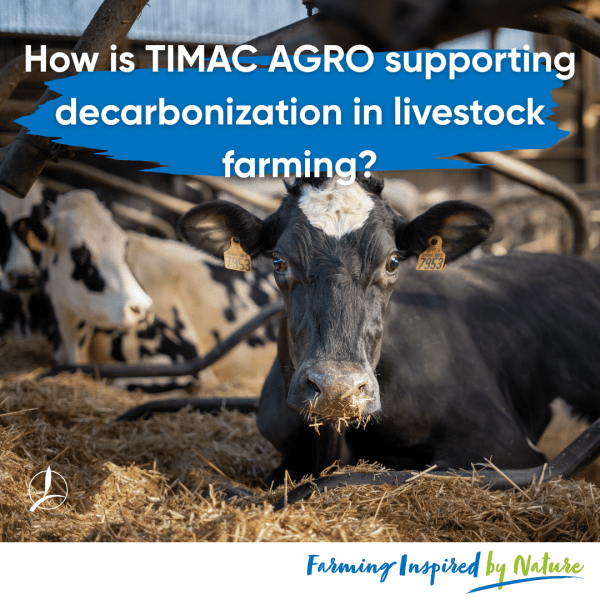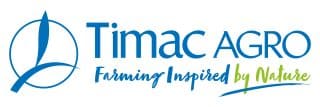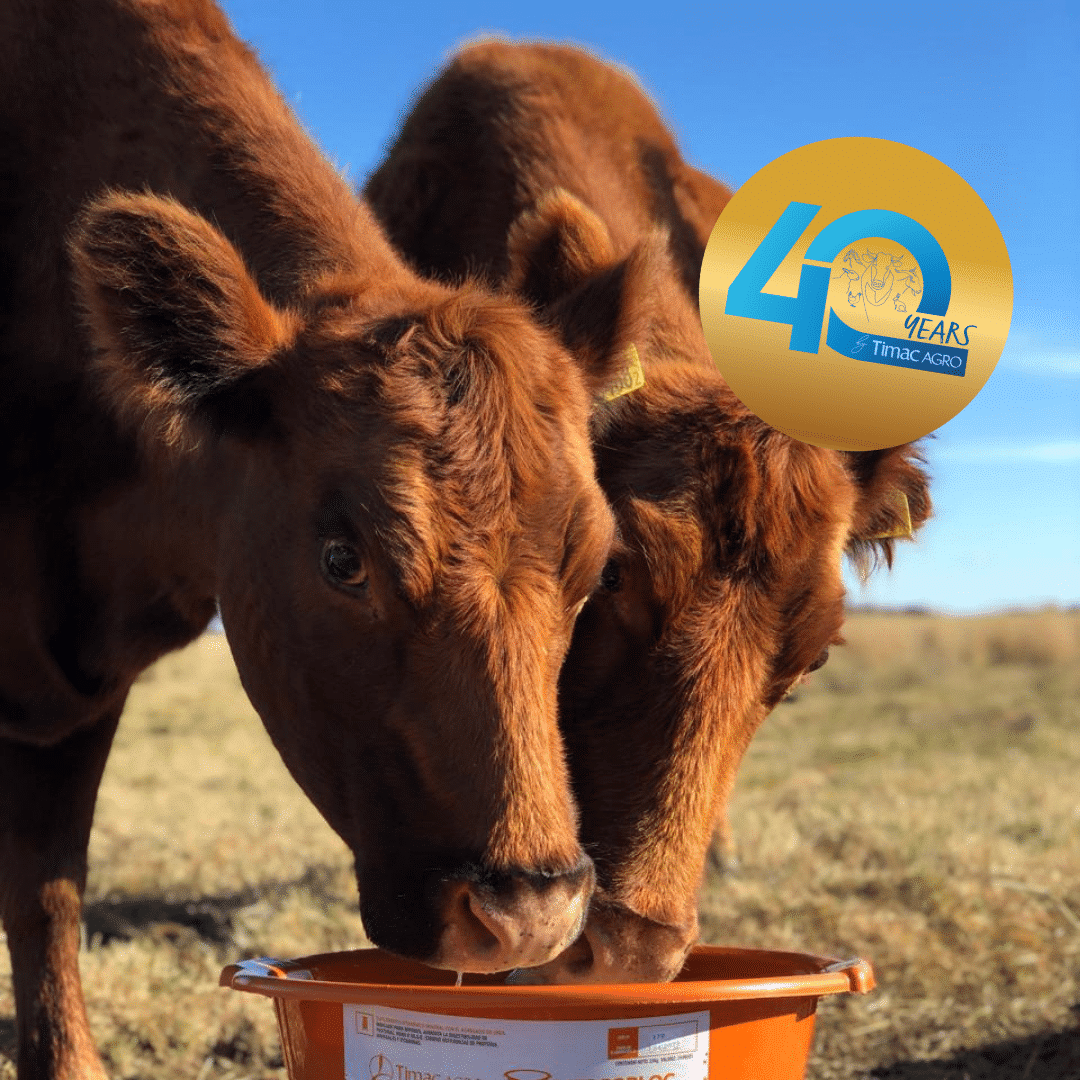Decarbonization of Animal Production: Sustainable Solutions TIMAC AGRO
Faced with today’s climate challenges, agriculture must rethink its practices to ensure sustainable production. Decarbonization of animal production is now a strategic lever for combining technical and economic performance, competitiveness, and environmental responsibility. At TIMAC AGRO, a leader in Plant Nutrition and Animal Production, we are making this transition a driver of innovation, in the service of agriculture inspired by nature.
What is decarbonization in animal production?
Decarbonizing a farm means taking action to reduce greenhouse gas emissions (GHG): methane, (from enteric fermentation), carbon dioxide (linked to fossil fuels and transport) and nitrous oxide (linked to effluent management). These emissions come mainly from three areas:
- Animal feed
- Manure management
- Energy and resource use
Decarbonization in livestock farming aims to control these emissions while supporting the productivity and profitability of farms.

Concrete solutions provided by TIMAC AGRO
At TIMAC AGRO, we provide tailor-made solutions inspired by nature, developed for nature, and dedicated to its preservation. Thanks to the expertise of our field teams and the innovative strength of the Roullier Group’s World Innovation Center, we support farmers in reducing their carbon footprint while creating sustainable value for their farms and for the planet.
Towards a more sustainable agriculture
Decarbonization is not only a response to climate challenges: it is also an economic opportunity. It reduces energy and input costs, enhances the value of products in markets sensitive to environmental impact, and strengthens the sustainability of farms. At TIMAC AGRO, we are constantly evolving our offering to support farmers on this path. Our innovation is inspired by nature: we study its mechanisms to translate them into concrete, effective and sustainable solutions.



